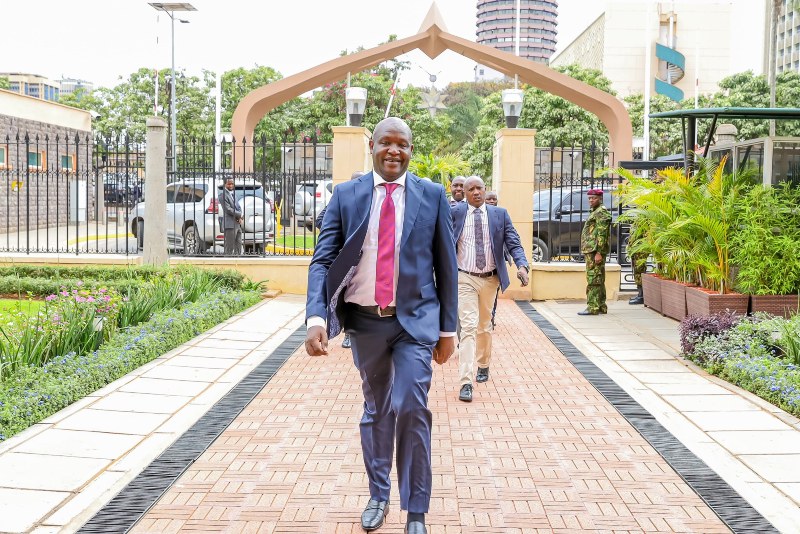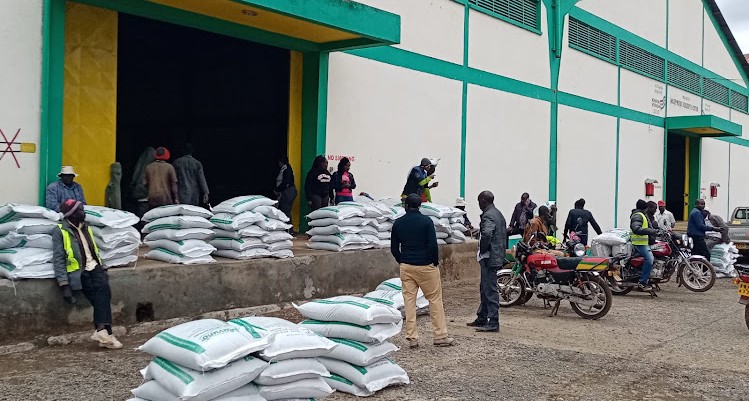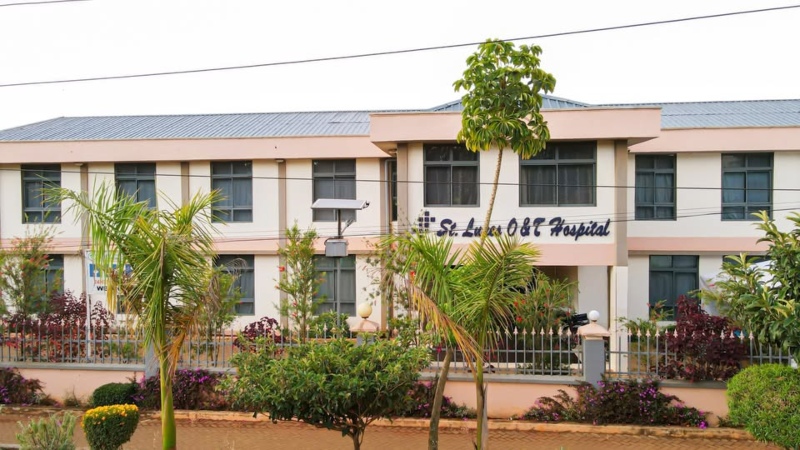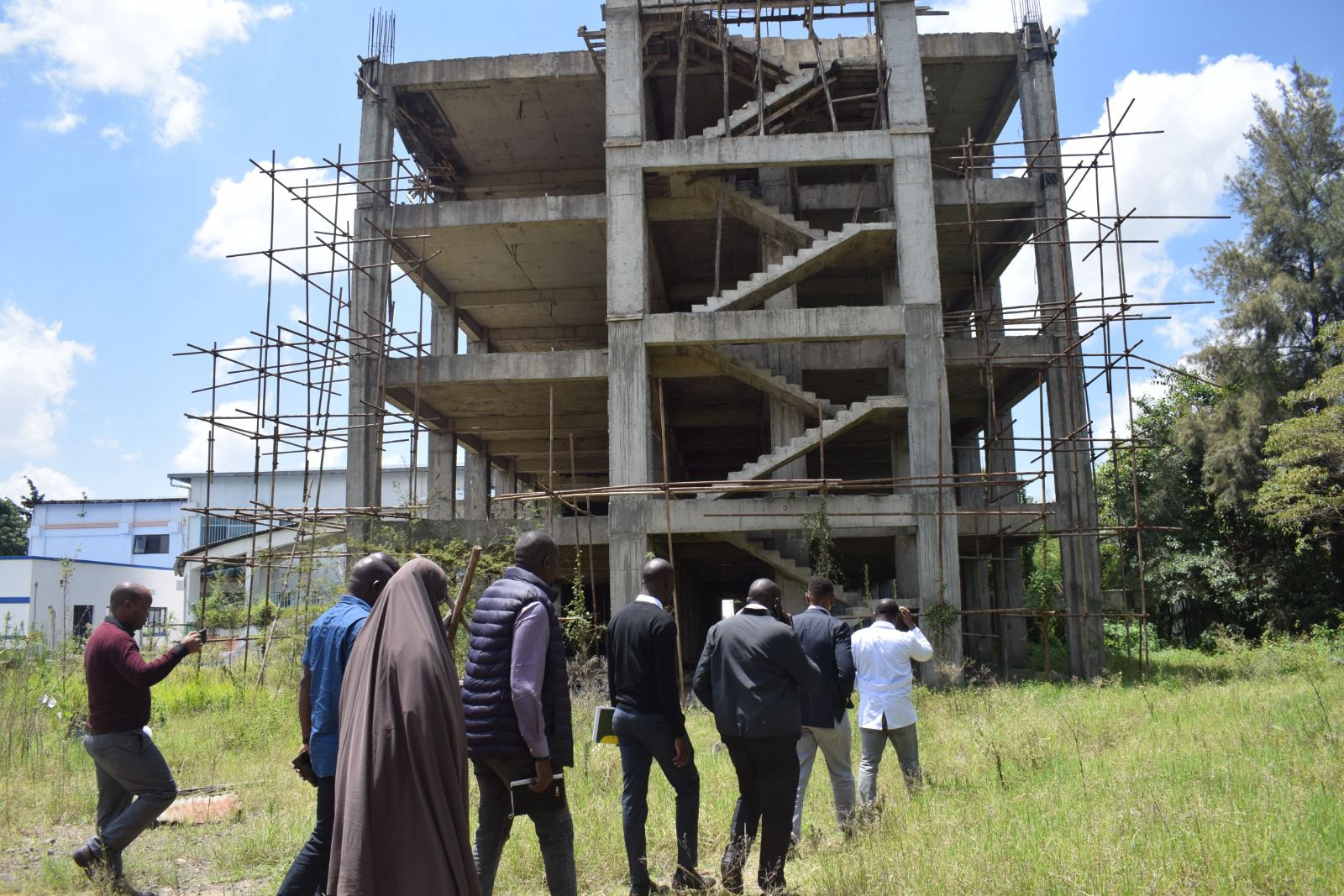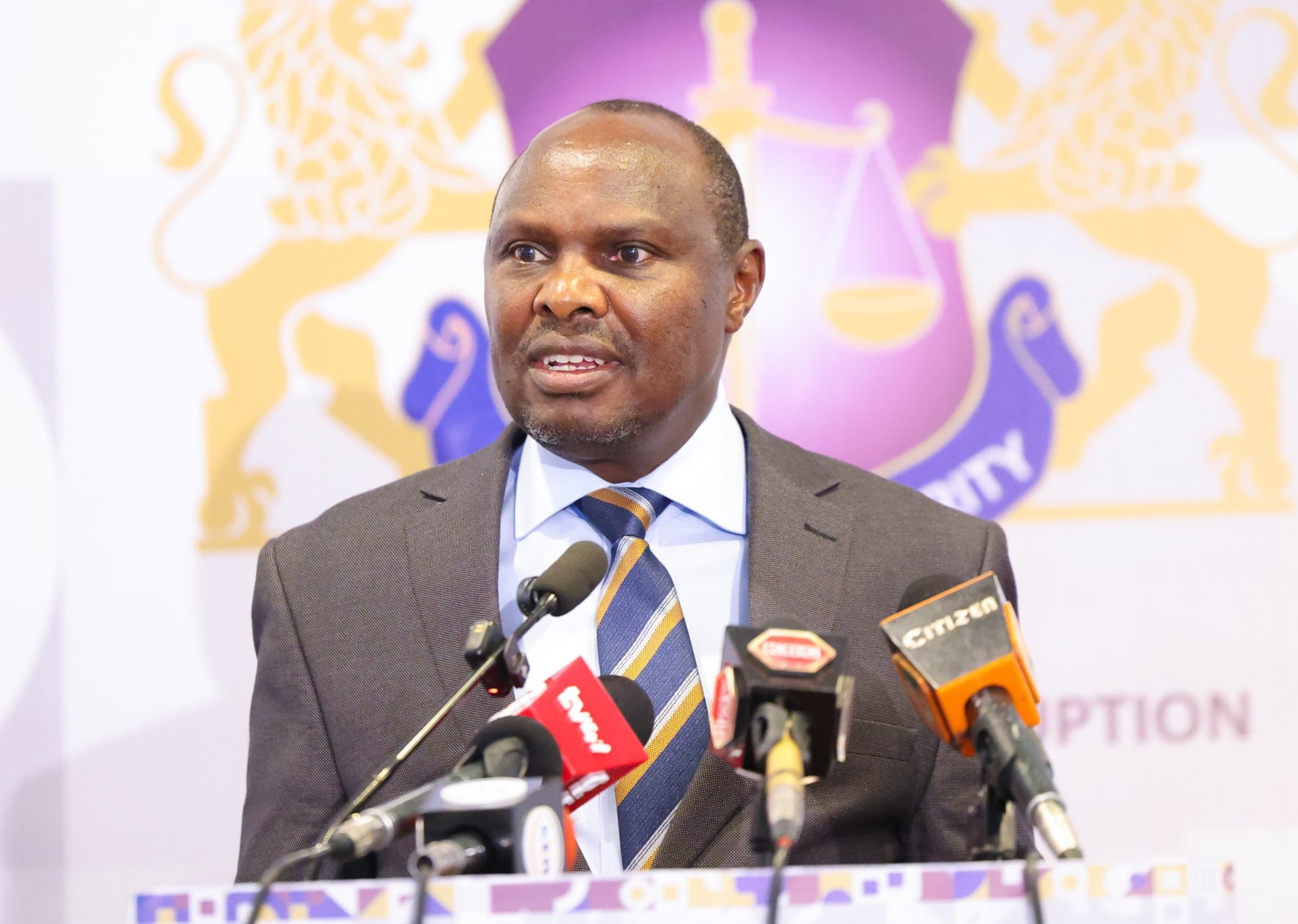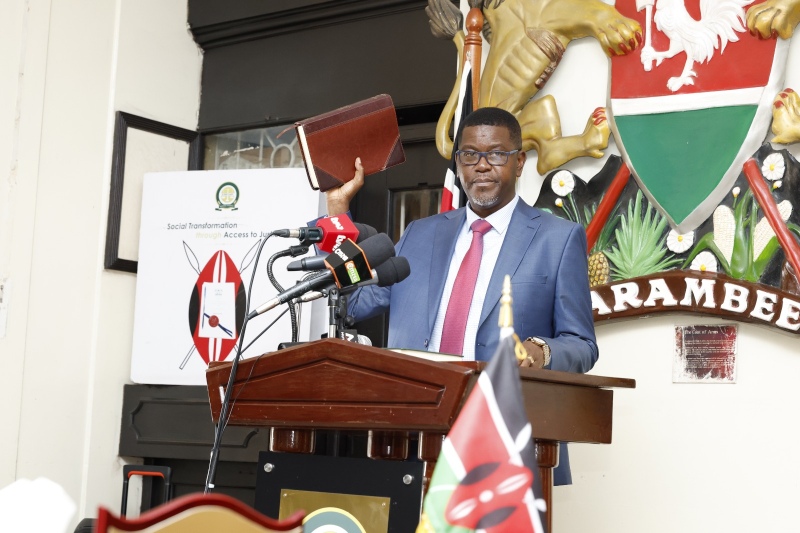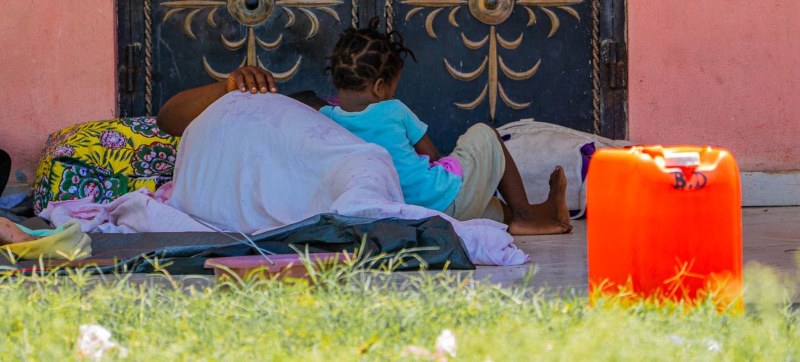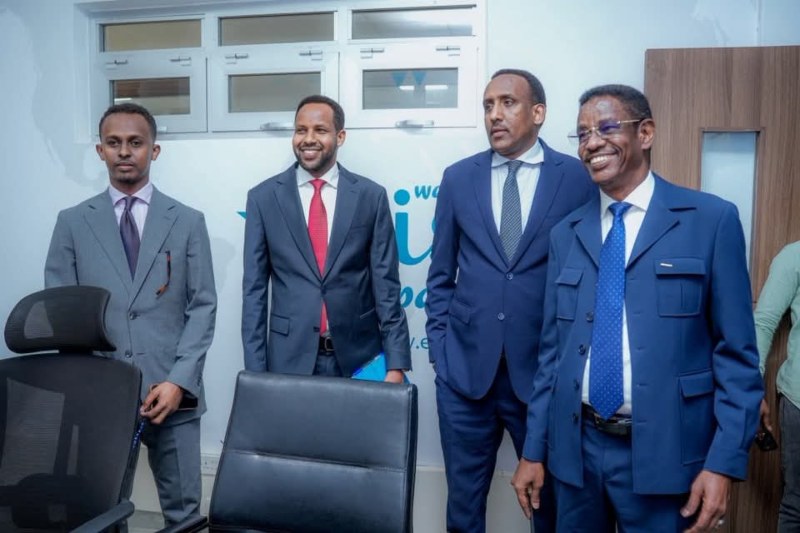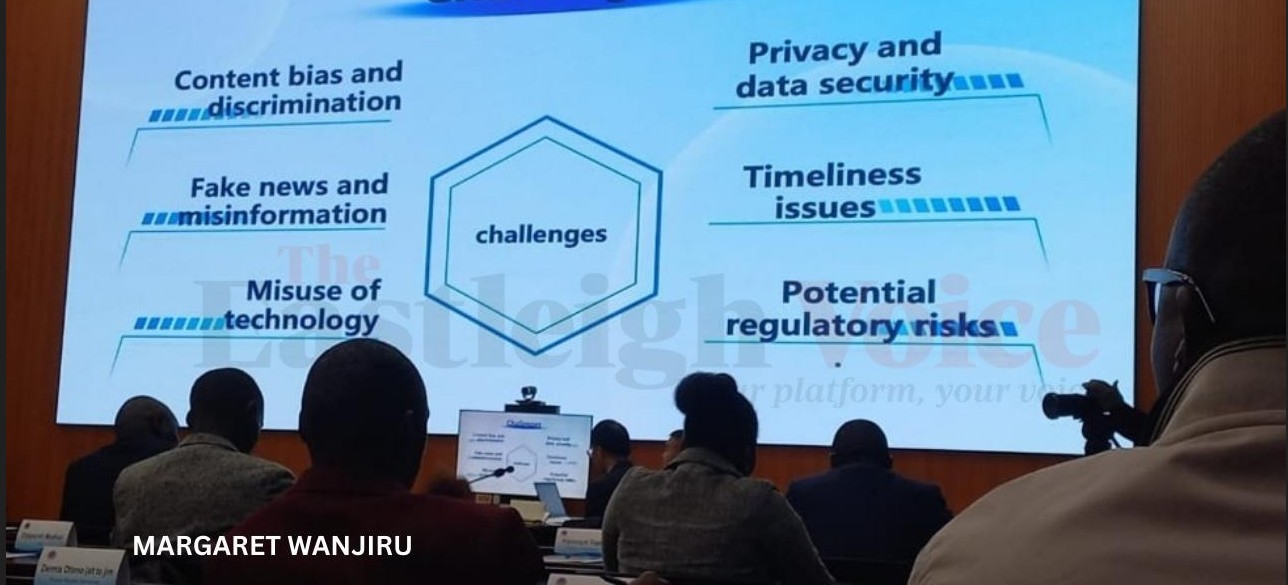Ethiopia signs Sh231 million deal with UN Office for Project Services to upgrade blood storage capacity
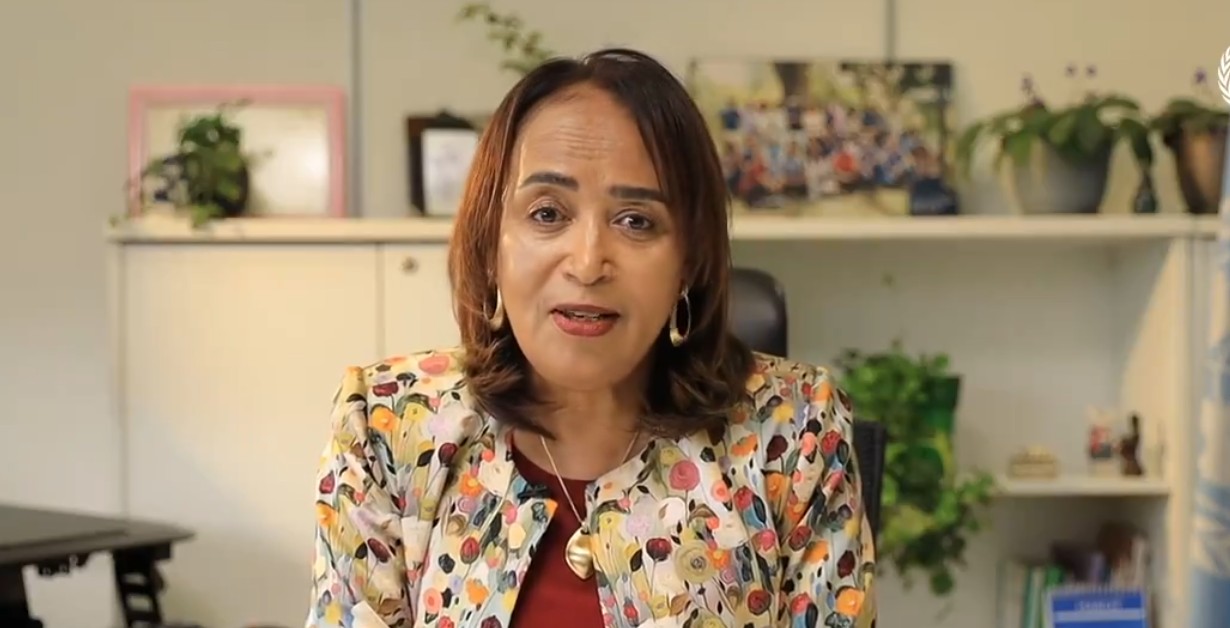
Key components of the initiative include assessing, designing, procuring, installing, modifying, testing, commissioning, and handing over state-of-the-art cold room facilities.
Ethiopia's Ministry of Health has signed a $1.8 million (Sh231 million) agreement with the United Nations Office for Project Services (UNOPS) to enhance the country's blood storage capacity.
The initiative aims to modernise cold storage and freezer facilities to meet international standards while ensuring a steady supply of safe blood products nationwide.
More To Read
- Ethiopia, Dangote Group ink Sh323 billion deal to build fertiliser complex in Somali region
- Ethiopia begins registration of 7.4 million learners amid education crisis
- Kenya’s silent crisis: How blood shortages are driving maternal deaths
- Nearly 50,000 people at risk, over 9,000 livestock perish as drought worsens in Tigray
- Extrajudicial killings, torture, mass detentions: US 2024 report paints grim picture on Ethiopia’s record
- Egypt vows not to give up its Nile water rights despite Ethiopia's Grand Dam completion
The project will improve healthcare infrastructure by strengthening blood storage efficiency and accessibility in both urban and remote areas.
Establishing advanced storage facilities is expected to enhance Ethiopia's ability to respond to medical emergencies and patient needs.
Key components of the initiative include assessing, designing, procuring, installing, modifying, testing, commissioning, and handing over state-of-the-art cold room facilities.
These upgrades will be strategically placed to meet regional demands and improve overall healthcare service delivery.
Specialised training
In addition to infrastructure improvements, the project will offer specialised training programmes to equip staff with the skills they need to operate and maintain the new storage systems.
By integrating modern technologies and best practices, the initiative reflects a commitment to innovation and sustainability in Ethiopia's healthcare sector.
"We are proud to partner with Ethiopia's Ministry of Health in this critical initiative. This project not only strengthens the country's healthcare infrastructure but also ensures that lifesaving blood products are available where they are needed most," said Ms Worknesh Mekonnen, Director of the UNOPS Multi-Country Office for Ethiopia, Djibouti, Sudan, and South Sudan and representative to the AU.
Last July, the United States government, through USAID, donated equipment worth $100,000 (Sh12.8 million) to Ethiopia's National Blood and Tissue Bank to help set up ten blood banks across the country, continuing its long-term support for Ethiopia's healthcare system.
Recognising the need for better blood services, USAID and the US President's Emergency Plan for AIDS Relief invested $5.5 million (Sh706.2 million) in 2016 to build the National Blood and Tissue Bank headquarters.
This facility now oversees 50 blood banks that supply blood to 735 health facilities across Ethiopia.
USAID remains Ethiopia's largest bilateral donor, providing nearly $200 million (Sh25.6 billion) each year to strengthen the national health system and improve healthcare services across the country.
Top Stories Today
- Live blog: Governor Erick Mutai’s impeachment trial enters third day
- Kenya losing over Sh600 billion in stalled public projects, says PMI
- Government to allow raw sugar imports to ease 400,000 metric tonne shortage
- MPs launch probe into kidney transplants on foreign nationals in Eldoret hospitals
- Teachers who resigned or were dismissed after April 2018 eligible for pension, says TSC
- Felix Koskei urges coordinated communication in State agencies to curb misinformation

